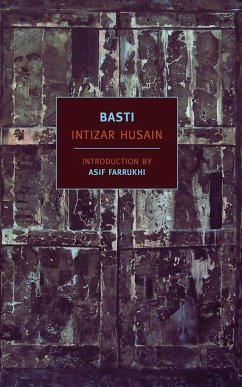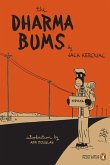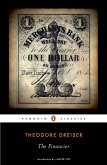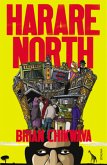An NYRB Classics Original
Basti is a beautifully written reckoning with the tragic history of Pakistan. Basti means settlement, a common place, and Intizar Husain s extraordinary novel begins with a mythic, even mystic, vision of harmony between old and young, man and woman, Muslim and Hindu. Then Zakir, the hero, wakes to the modern world. Crowds gather. Slogans echo. Cities burn. Whether hunkered down with family or furtively meeting to exchange news with friends in cafés, Zakir is alone in a country lost to the politics of loneliness.
Hinweis: Dieser Artikel kann nur an eine deutsche Lieferadresse ausgeliefert werden.
Basti is a beautifully written reckoning with the tragic history of Pakistan. Basti means settlement, a common place, and Intizar Husain s extraordinary novel begins with a mythic, even mystic, vision of harmony between old and young, man and woman, Muslim and Hindu. Then Zakir, the hero, wakes to the modern world. Crowds gather. Slogans echo. Cities burn. Whether hunkered down with family or furtively meeting to exchange news with friends in cafés, Zakir is alone in a country lost to the politics of loneliness.
Hinweis: Dieser Artikel kann nur an eine deutsche Lieferadresse ausgeliefert werden.
In graceful prose, Husain conjures the unceasing wonders of early childhood and the social rhythms of small-town life. Ratik Asokan, The Nation
This brilliant novel from Intizar Husain, one of South Asia s greatest living writers, should finally end the scandal of his relative obscurity in the West. Pankaj Mishra
Intizar Husain is the most important writer of fiction in Urdu, the strangely homeless language produced out of interactions between the vernacular of north India and those of the Islamic Near East, Persian and Arabic in particular. In Basti he has produced a novel of epic ambition: a swirling storm of historical moments, scriptural traditions, and ancient mythologies, all harnessed around the convulsion of India s partition along religious lines. By taking us through the internal life of his protagonist, Zakir He who remembers Husain performs an act of civilizational memory and provides us with the fragments of a culture s history that modernity has firmly set on the road to oblivion. Aamir R. Mufti
The uncharitable might say that but for the past, Intizar Husain would not have had a future. But truth to tell, the man who blends the personal with the impersonal, specific with the universal, actually has the past much to thank for. Be it drawing generously from the Jataka tales or the Panchatantra fables or even the layered Shiite tradition or the more modern existentialism, his tomorrows have been taken care of by yesterdays. Yet Intizar Husain does not live in the past, so much as he draws from it. His nostalgia is not comforting, there is that disquiet air that runs through his works, and Basti, arguably the finest novel on Partition, is no different. Distance in time often diminishes emotion, but in Husain's case it only serves to distil it: what goes away is the peripheral, what is retained is the essential. The Hindu
This brilliant novel from Intizar Husain, one of South Asia s greatest living writers, should finally end the scandal of his relative obscurity in the West. Pankaj Mishra
Intizar Husain is the most important writer of fiction in Urdu, the strangely homeless language produced out of interactions between the vernacular of north India and those of the Islamic Near East, Persian and Arabic in particular. In Basti he has produced a novel of epic ambition: a swirling storm of historical moments, scriptural traditions, and ancient mythologies, all harnessed around the convulsion of India s partition along religious lines. By taking us through the internal life of his protagonist, Zakir He who remembers Husain performs an act of civilizational memory and provides us with the fragments of a culture s history that modernity has firmly set on the road to oblivion. Aamir R. Mufti
The uncharitable might say that but for the past, Intizar Husain would not have had a future. But truth to tell, the man who blends the personal with the impersonal, specific with the universal, actually has the past much to thank for. Be it drawing generously from the Jataka tales or the Panchatantra fables or even the layered Shiite tradition or the more modern existentialism, his tomorrows have been taken care of by yesterdays. Yet Intizar Husain does not live in the past, so much as he draws from it. His nostalgia is not comforting, there is that disquiet air that runs through his works, and Basti, arguably the finest novel on Partition, is no different. Distance in time often diminishes emotion, but in Husain's case it only serves to distil it: what goes away is the peripheral, what is retained is the essential. The Hindu








